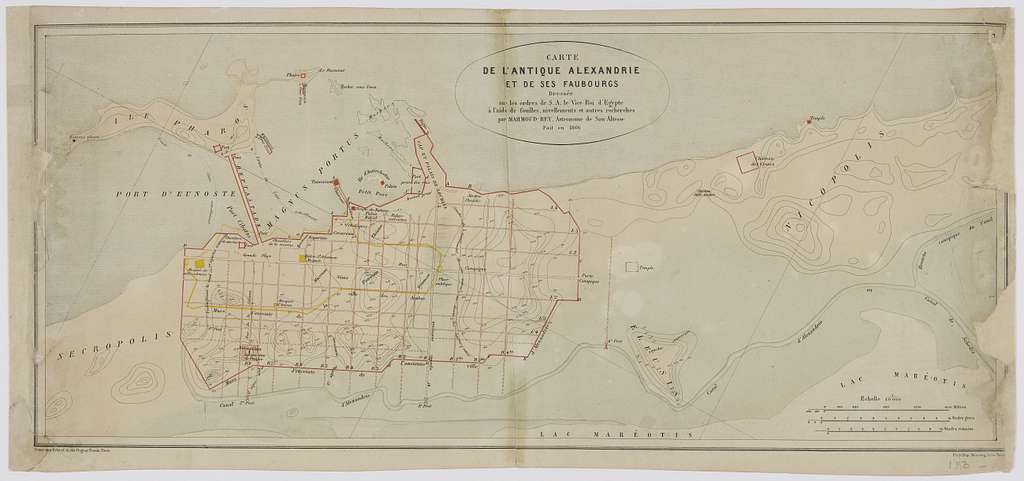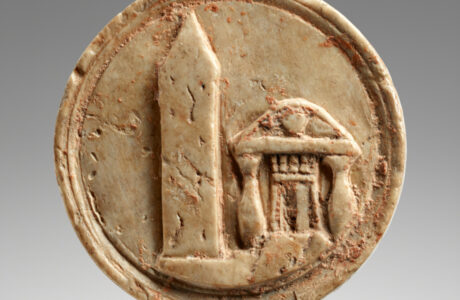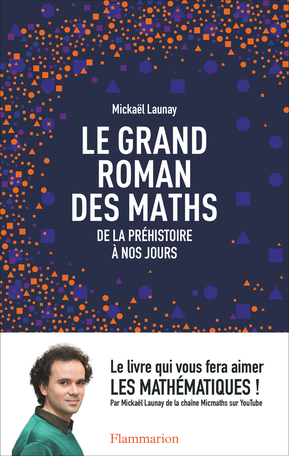I share some biographical words from a book written by a French mathematician, with my personal translation:
At that time, one of the figures of the intellectual milieu of Alexandria was called Hypatia. Her father, Théon, was director of the Mouseîon when it was closed. However, this did not prevent the city’s scientists from continuing their work for some time. Socrates the Scholastic later wrote that an almost infinite number of people flocked to hear Hypatia speak who by her science surpassed all the men of her time. Hypatia is both a mathematician and a philosopher. She is also the first woman (mathematician?) in our history.
Le grand roman des maths. De la préhistoire à nos jours, pp. 106-107, chapter 6 De Π en pis, by Mickaël Launay (The great novel of mathematics. From prehistory to the present).
First? Not quite. Other women did mathematics before Hypatia, without their works or biography having reached us. Women were admitted to the Pythagorean school. The names of several of them, such as Theano, Autocharidas or Habroteleia are known to us, but it must be said: we know almost nothing about them.
No text written by Hypatia has reached us, but several sources mention her work. Her main interests were arithmetic, geometry and astronomy. She continued the work carried out a few centuries earlier by Diophantus and Ptolemy. Hypatia was also a prolific inventor. She was responsible for the invention of the hydrometer, which makes it possible to measure the density of a fluid by skillfully taking advantage of the Archimedes principle, as well as a new astrolabe model facilitating astronomical measurements.
Unfortunately, her story will be short. In 415, she attracted the wrath of the Christians of the city who chased her and ended up murdering her. Her body is chopped to pieces, then burned.
To know more about Hypatia from Alexandria, read the article on Wikipedia : https://en.wikipedia.org/wiki/Hypatia
For science enthusiasts, I invite you to read this work by Mickaël Launay, written in French, to discover the history of mathematics, the emergence of the first theorems and the “why and how” of mathematics.














